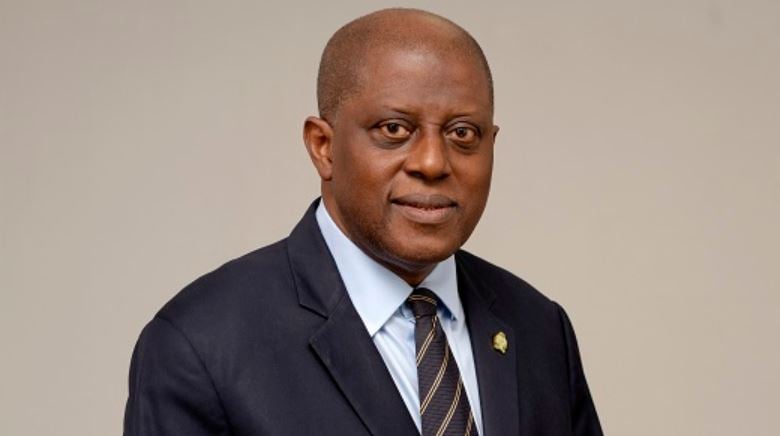Nigeria’s recent upgrade by S&P Global Ratings to a “positive” outlook has strengthened confidence in the Central Bank of Nigeria’s (CBN) ongoing currency reforms and economic policies. Analysts say the reforms are improving investor sentiment and supporting the country’s broader growth agenda.
Over the weekend, S&P Global Ratings upgraded Nigeria’s outlook from “stable” to “positive” while affirming the country’s long-term rating at “B‑/B”. The agency highlighted the effectiveness of Nigeria’s monetary, economic, and fiscal measures in stabilising the naira and attracting foreign capital. S&P said the reforms were expected to yield positive benefits in the medium term and encourage sustainable economic expansion.
The CBN’s reforms, introduced under Governor Olayemi Cardoso in October 2023, aim to unify the country’s multiple exchange rates and remove restrictions on foreign-exchange trading. Analysts credit the policies with stabilising the naira, boosting foreign investment, and reducing the need for frequent interventions in the FX market. Clearing over $7 billion in FX obligations and unifying exchange rates has improved Nigeria’s investment climate, with the World Bank calling the steps “bold and necessary” for long-term economic sustainability. The country’s sovereign risk spread has fallen to its lowest level since January 2020, removing pandemic-era risk premiums.
President of the Association of Bureaux De Change Operators of Nigeria, Dr Aminu Gwadabe, welcomed the S&P upgrade, saying the reforms have helped stabilise the exchange rate and support economic growth. Other analysts described the rating as a major boost to investor confidence and economic stability, noting that improved creditworthiness could open opportunities across sectors.
Moody’s Investors Service also upgraded Nigeria’s rating in May, raising it from “Caa1” to “B3” with a stable outlook, citing stronger external reserves and fiscal metrics. Fitch Ratings maintained a “B” rating with a stable outlook earlier this year, acknowledging the positive impact of the CBN’s FX reforms. Both agencies emphasised that exchange-rate unification and the removal of distortions in the FX market are central to Nigeria’s macroeconomic stability.
President Bola Tinubu welcomed the Moody’s upgrade, describing it as a “vote of confidence” in the government’s reform agenda. He noted that the development signals to global investors that Nigeria is committed to responsible economic management, transparency, and inclusive growth. Tinubu said the upgrade demonstrates that Nigeria is on the path to restoring credibility and attracting investment.
Experts like Dr Wahab Balogun, Managing Director of Ambosit Capital Managers, said the higher credit ratings give Nigeria a stronger position in international capital markets. This could lower borrowing costs, free fiscal space, and support long-term development. He noted that while the positive outlook shows early success, sustained reform implementation is key to lasting benefits.
The CBN has also launched the Nigeria Foreign Exchange Code (FX Code) to improve transparency, fairness, and governance in the FX market. Governor Cardoso said the FX Code is based on six principles—ethics, governance, execution, information sharing, risk management, and settlement compliance. The code aligns with international best practices and includes penalties for violations, aiming to end opaque FX practices.
In addition, the CBN introduced the Electronic Foreign Exchange Matching System, a platform that provides real-time data on rates, trading volumes, and market activity. Analysts say this system reduces speculation, stabilises the market, and increases liquidity. Net official FX inflows rose by 89 per cent in Q4 2024 compared with 8 per cent in Q4 2023, reflecting growing investor confidence.
Fitch noted that continued formalisation of FX activities and tighter monetary policies have stabilised the market after the 40 per cent depreciation in 2024. Analysts say these measures will help attract domestic and foreign capital, support infrastructure development, and drive diversification in the Nigerian economy.
While challenges such as global oil price volatility remain, stakeholders agree that coordinated reforms have positioned Nigeria for sustained growth and improved resilience. Experts emphasise that continued discipline, policy coherence, and transparency will be essential for maintaining investor trust and building a stronger economic future.
